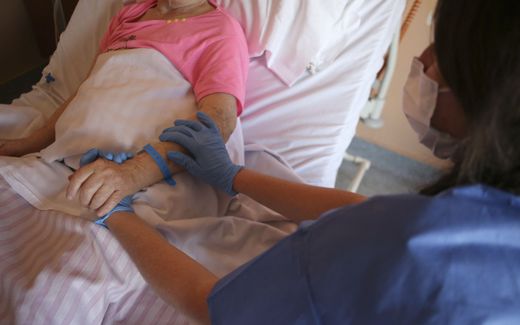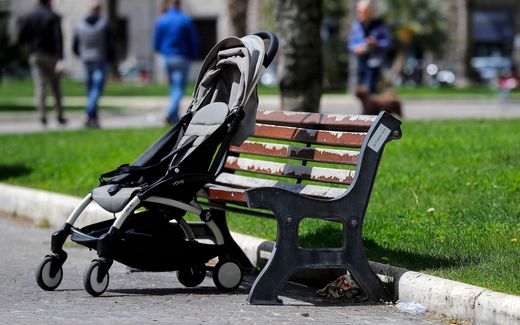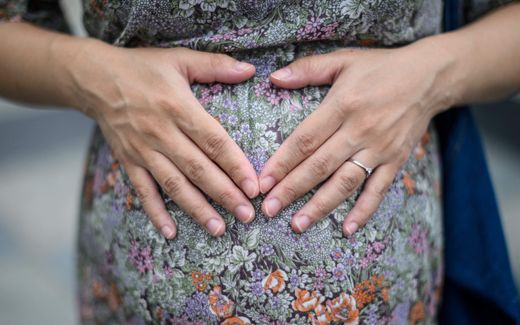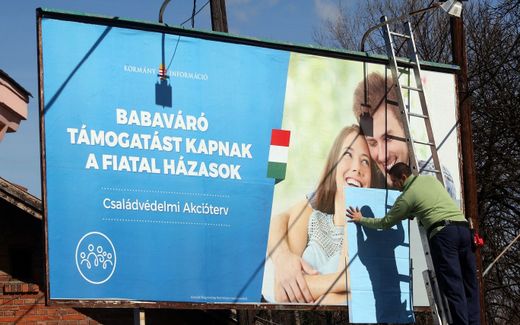In Southern Europe, the family is valued
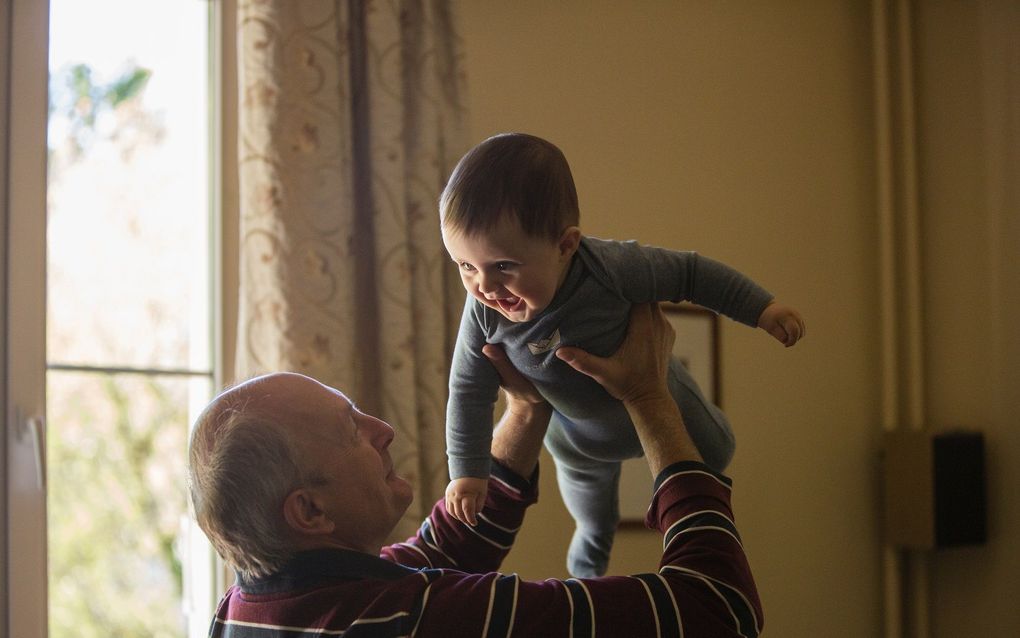
Grandpa with his grandchild. Photo Unsplash, Johnny Cohen
Southern Europe
The family is an important cornerstone of society. Especially in Southern Europe, the social network is valued. With roots in Roman Catholicism, the valued system can also prove a burden.
In Southern Europe, the family is the most valued social network. This writes the Danish Christian daily Kristeligt Dagblad, which runs a series on the family. Although geographical mobility and individualism have impacted the close-knit family life, the French still see this construct as one of the most important elements in their lives.
This is also the case further south. Although Spain, Portugal and Italy have Europe's lowest birth rates, the households there are still larger than the EU average. Young people are in less hurry to move away from home, Kristeligt Dagblad writes. Half of the youngsters living in the Paris region are at least 25 when they leave their parents' homes. And in Portugal and Italy, over half of the young people still live at home at the ages of 25 and 34.
However, these high numbers are mainly caused by economic difficulties, the Danish daily writes. "Families were the most important lifeline after the financial crisis in 2008 and during the corona crisis in 2020, and the number of people living at home has grown without interruption since 2012."
Court
That parents are helping their children is also a legal obligation. In Southern Europe, the welfare state rests to some extent on the fact that public solidarity only comes into play when the families cannot keep all members afloat. "In France, parents are obligated to support their children even after becoming adults. Therefore, until recently, young people under 25 have not had the right to social assistance", explains Isabelle Sayn. She researches family policy at the University of Lyon. Children can thus go to the courts to have their parents ordered to provide them with financial assistance.
However, the opposite is also true. If the elderly cannot provide for themselves, the state appeals to posterity. Kristeligt Dagblad describes how a French family has to provide for a mother who saw her child for the last time when it was three years old. Still, her daughter must now pay for her mother's nursing home.
Catholic
Although there is a legal obligation, the Catholic faith also plays a major role in Southern Europe. "The French welfare model is partly rooted in so-called familialism, which stems from the Catholic Church's understanding of the family rather than the individual as the main cornerstone of society", says Claude Martin, a researcher.
However, that Catholic view can also become a burden. This explains Chiara Saraceno, who holds an honorary doctorate from the Collegio Carlo Alberto research institution in Turin. "Italian families are characterized by a competition between different needs, which can often lead to painful and dramatic loyalty conflicts. Which child should I support financially, and who should I spend my time with? An all too heavy burden rests on the shoulders of Italian families."
Related Articles


